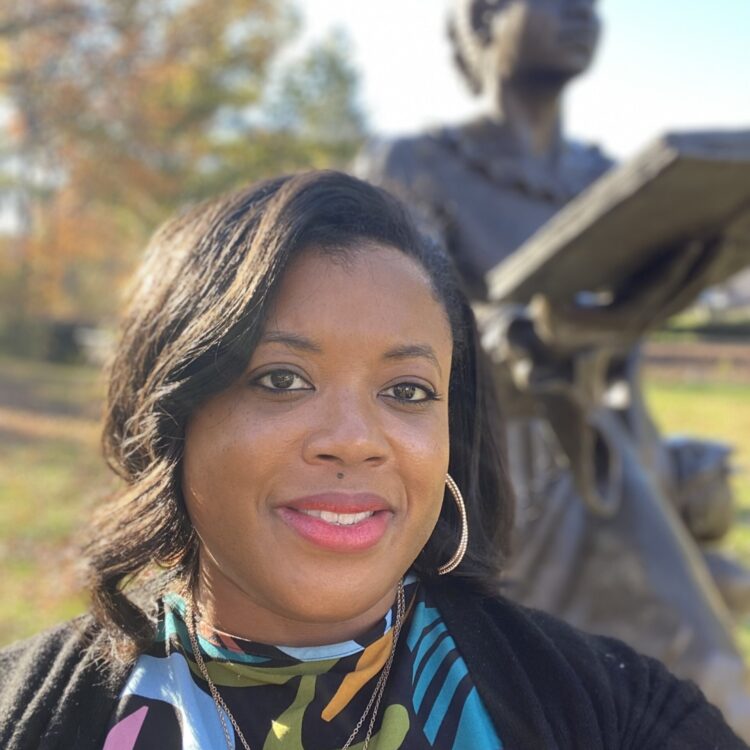Reflecting on the 2022-2023 season, what were some of your highlights?
Going on tour is always a huge deal. There’s something special about a tour where people get both nervous and excited. Preparing the tour details, as well as the repertoire, is something very special.
We were able to return to touring full force with two in one season, Europe last summer and then Japan last fall. They can be really exhausting, but representing the BSO outside of our home is a different kind of focus, which is really fun.
What was the role of music in the early years of your life?
I am from a family of engineers, but amateur musicians. Both of my parents sing in church choir and community choir. They love music. Our family was surrounded by music as my dad played in the marching band, my mom tried every instrument, my grandparents were church organists, and a host of my extended family are pianists and/or organists.
I started playing music because my dad played piano at home. The story goes, that I was begging for lessons from day one, and they acquiesced when I turned seven. I was very persistent.
You have two children. What has been your experience in exposing them to music?
My kids love music. My husband’s also a musician. The family rule is that you learn how to play music. It doesn’t matter what instrument. So, they both take piano lessons, and my son just started saxophone last year. We practice every day, it’s part of what we do. It's so funny to see yourself and your own habits passed along.
There are a lot of working parents in the orchestra. I was a young parent in my early career, so my experience at Tanglewood has always been one of families, being with people outside of work in a really gorgeous and fun environment. As everybody moves out to Tanglewood each summer, your social interactions are based around hanging out with your orchestra friends a lot more. It extends beyond where our kids make friends, we spend a lot of time together. It's a really magical place.
You were the first female member of the BSO brass section in its history. Can you share how it felt to break a barrier in the orchestral world?
When I was growing up, I didn’t see a barrier. There was no messaging that girls couldn’t play brass. I’m not from Boston, so I didn’t know when I auditioned that I would be the first woman here. Once I got the job, I started getting letters from women who were horn players from generations before me. They were so excited and supportive, and they told me stories of how this opportunity had been closed off for them. That experience was really enlightening.
You’re on the faculty at the New England Conservatory (NEC) of Music. What do you find most enjoyable about teaching the next generation of musicians?
When I was in school and heard the older generations say, “You young people play circles around us,” I didn’t understand it. But it’s true. I have freshmen who come in better than I was when I was just out of grad school. The level that people obtain just keeps getting higher and higher. There are resources they have now, watching performances online, the ability to listen to any recording you want with a single click, asking questions in forums, and participating in masterclasses with the best of the best.
One of the hugest selling points for NEC is the BSO’s college card. There are hardly any other places like this with an amazing orchestra that students can access every week. I can tell that my students who are attending regularly are the ones who are going to take leaps in their musicianship. There is no better way for them to synthesize what we're working on than to actually hear people perform it.
Who do you admire?
Within the orchestra, I admire the people who maintain a sense of joy and creativity in their jobs. I’m constantly enjoying what I’m doing and looking for ways to grow. There are some people where it's just on their sleeve. You can tell right away, and those people are really inspiring.




